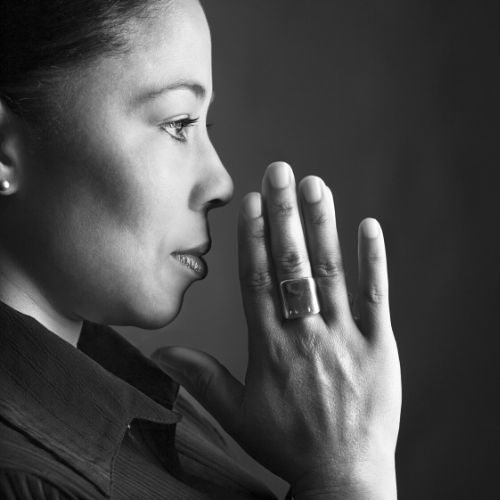
October 2018
Barriers to Leaving an Abusive Relationship
Domestic abuse is a complex issue, and there are often many different barriers to leaving an abusive relationship. Every person’s situation is unique, but the most common obstacles often stem from a lack of options, and can include those listed below. It is important for family, friends and the community to make an effort to understand the reasons someone feels trapped in a relationship. By doing so, that person can feel supported in their journey to safety and independence.
- EMOTIONAL DEPENDENCE: Victims sometimes become so isolated that they don’t have any other close relationships outside of their abuser. This makes them feel more dependent and emotionally attached to the abuser. It also makes leaving the relationship much more frightening.
- FEAR: Fear can immobilize a victim; one may feel trapped, often torn between fear of leaving and fear of staying. These fears are very realistic, as most homicides and dangerous incidents occur after the victim ends the relationship.
- FINANCIAL DEPENDENCE: Abusers often prevent the victim from having access to the family’s financial resources, making it more difficult for them to leave. Victims may have difficulty finding work, affordable housing, food, and clothing in case of separation or divorce.
- HOPE: The “good” part of the cycle may reinforce a victim’s hope for change and reduce their resolve to leave. The abuser may make promises and take some action towards changing. This may give the victim hope that the abuse will stop, making them more willing to give the abuser another chance.
- HOUSING: Lack of housing alternatives forces many victims to remain where they are. Low incomes, large families, or unstable households are not attractive to potential landlords. Prior evictions or criminal charges from abusive incidents may show up on background checks.
- IMMIGRATION STATUS: When a victim is not a legal resident, the abusive partner may use this immigration status as a tactic to control the victim. The abuser could threaten to deport the victim or the victim’s children, withdraw a petition to legalize the victim’s immigration status, prevent the victim from learning English, or inform officers that the victim is illegal.
- ISOLATION: Victims are often not aware of their legal rights. They may not know where to turn for emotional support. A victim may feel too ashamed to tell others about the abusive
situation. Systems designed to support victims looking for help and intervention often end up victimizing them further. - PHYSICAL ILLNESS/EXHAUSTION: Coping with abuse demands great energy. A victim may have no reserves to resist illness, or they may be trying to recover from injuries. Some victims may have a disabling condition that makes them dependent on the abuser for care.
- SELF ESTEEM AND GUILT: Abusers frequently blame the victim for the abuse, making them feel that the abuse is their fault. These victim-blaming attitudes are often reinforced by friends, family, and society. Isolation and continued abuse from an intimate partner reinforces feelings of worthlessness.
- TRADITIONAL VALUE SYSTEM: Cultural and religious influences regarding the sanctity of marriage or a committed relationship may encourage the victim to hold onto the relationship at all costs. They may have been advised by authority figures that it is their obligation to remain in the relationship.
For a printable handout, as well as a Spanish translation, click here.

